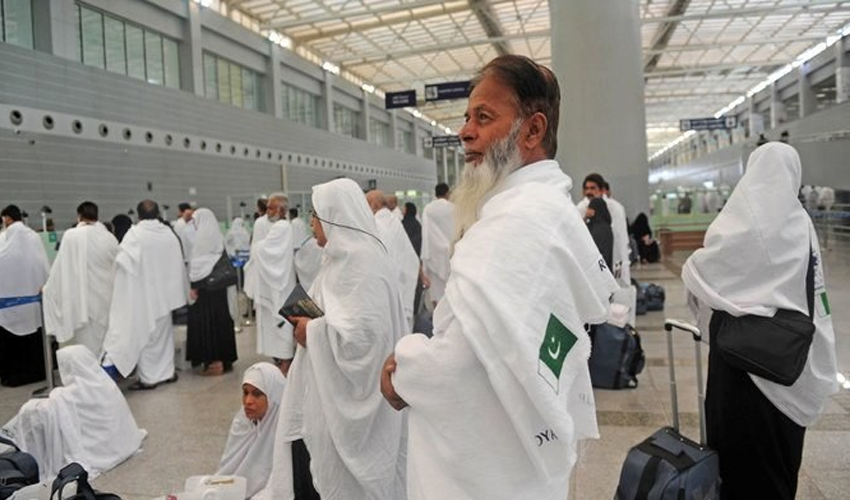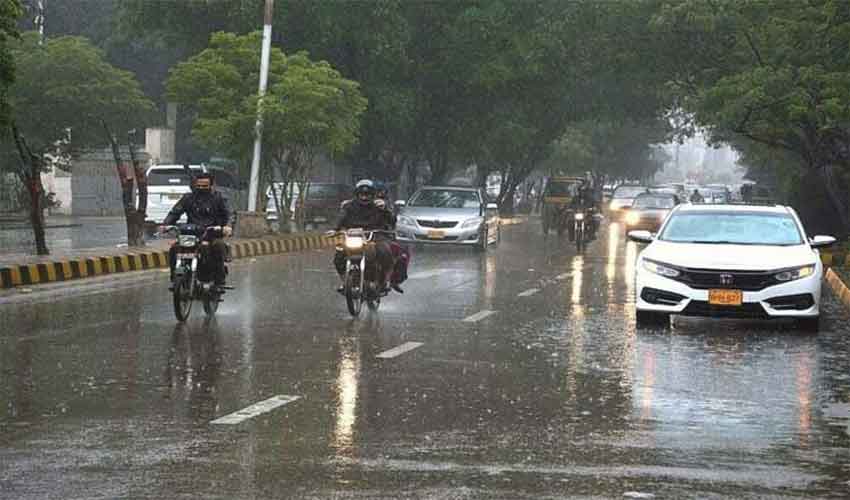In a bid to ensure a smooth Hajj pilgrimage for its citizens, Pakistan's caretaker religion minister, Aneeq Ahmed, has announced the possibility of utilizing private airline services for next year's Hajj.
The announcement follows a recent decision by Pakistan's national air carrier to ground a significant portion of its fleet due to a severe financial crisis. The state-owned airline, already on the brink of default, had requested government support of Rs 23 billion ($76 million) to cover operational expenses, which was denied by the government.
The minister emphasised the government's commitment to facilitating Pakistani pilgrims during the annual Hajj pilgrimage. He was quoted as saying, "All facilities, including accommodations, transportation, and catering at reasonable costs, will be ensured for Pakistani Hujjaj."
Ahmed added that if reasonable transport rates were offered, the government would consider hiring the services of private airlines to further enhance the pilgrimage experience for its citizens.
Hajj, one of the Five Pillars of Islam, is a mandatory religious duty for Muslims with the means to undertake it, to be performed at least once in their lifetime. The pilgrimage comprises a series of rituals carried out over four days in the holy city of Makkah and its surroundings in western Saudi Arabia.
Varied pilgrimage experiences
In the previous year, over 81,000 Pakistani pilgrims participated in Hajj under the government scheme, with the remaining pilgrims being accommodated by private tour operators.
Pakistan has already secured its quota of 179,210 pilgrims for next year's Hajj.
Government's stance
Minister Ahmed clarified that Pakistani pilgrims would follow a similar Hajj experience as in previous years, dispelling any considerations for alternative land or sea routes for a more cost-effective pilgrimage.
He mentioned that the government is in the early stages of formulating a new Hajj policy and plans to invite applications for next year's pilgrimage soon.
As Pakistan explores innovative solutions to ensure a successful Hajj experience for its citizens amid the challenges faced by the national airline, the decision to potentially enlist private airlines reflects the government's commitment to the religious and spiritual well-being of its people.



























